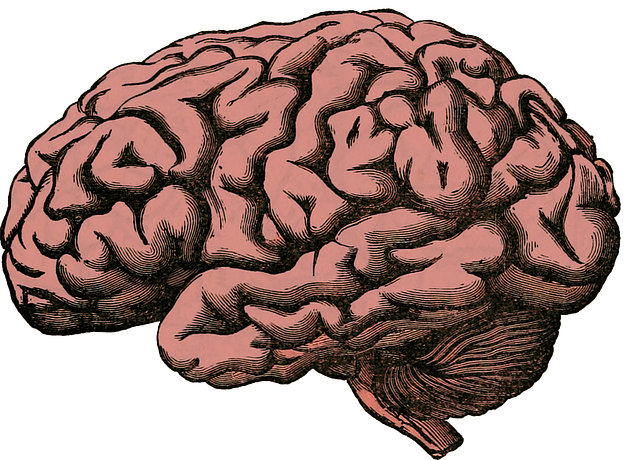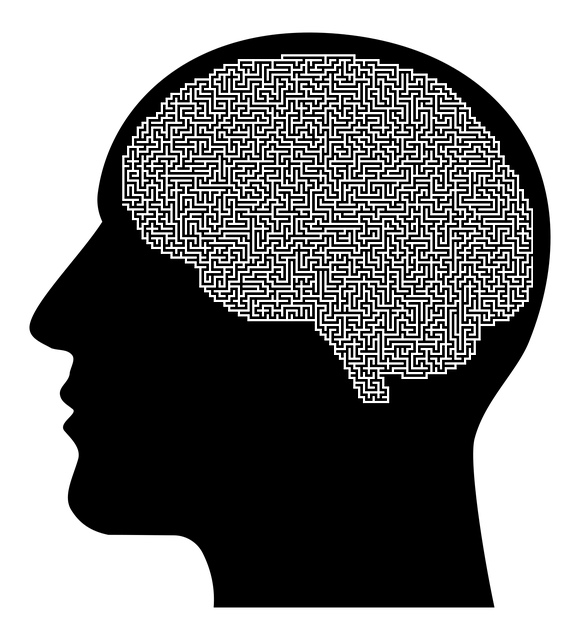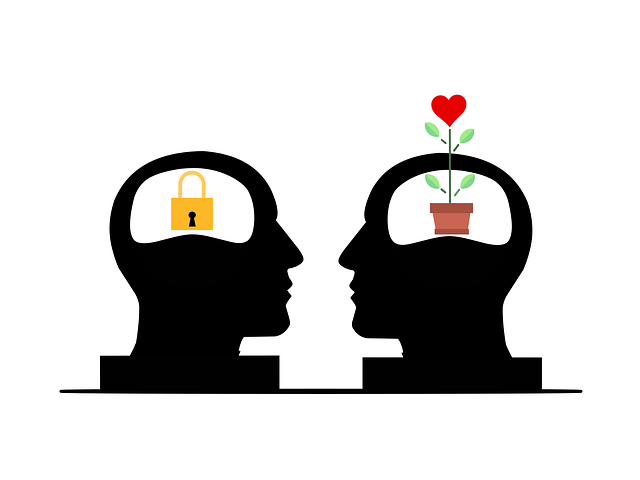Mental wellness self-assessment tools have evolved significantly since the 20th century, incorporating diverse approaches like humanistic and cognitive-behavioral methods, now accessible through modern digital platforms. Centennial Russian Speaking Therapy stands out for serving underserved communities, reducing mental illness stigma, and empowering individuals to monitor their mental health. Integrating this therapy into digital tools enhances cultural sensitivity, allowing clients from diverse linguistic backgrounds to express themselves freely. Combining traditional techniques with technology offers comprehensive, engaging, and accurate mental health evaluations, encouraging user participation and improving outcomes, while also supporting public awareness campaigns.
Mental wellness self-assessment tools have evolved significantly over the past century, reflecting a deeper understanding of psychological well-being. This article delves into the development of these tools, with a particular focus on the unique contribution of Centennial Russian Speaking Therapy. Exploring cultural sensitivity and accessibility, we examine how traditional practices merge with modern methodologies to create comprehensive assessment tools. By integrating insights from Russian-speaking therapy, these tools enhance mental health self-evaluation, catering to diverse populations.
- Understanding Mental Wellness Self-Assessment: A Centennial Perspective
- The Role of Russian Speaking Therapy in Cultural Sensitivity and Accessibility
- Developing Effective Tools: Integrating Tradition and Modernity for Comprehensive Assessment
Understanding Mental Wellness Self-Assessment: A Centennial Perspective

Mental wellness self-assessment tools have evolved significantly over the past century, reflecting a growing understanding of mental health and its impact on daily life. In the early 20th century, psychological assessments were often rooted in psychoanalytic theories, focusing on unconscious mind exploration. However, as time progressed, the field broadened to incorporate diverse perspectives, including humanistic and cognitive-behavioral approaches. This evolution has led to more comprehensive and accessible self-assessment methods.
The past century’s advancements in mental health research have been instrumental in reducing the stigma surrounding mental illness. Initiatives like Centennial Russian Speaking Therapy have played a vital role in providing support and guidance to communities previously underserved by mental wellness resources. Today, tools range from simple self-report questionnaires to complex digital platforms, offering personalized mental wellness journaling exercise guidance and stress management workshop organization. These innovations not only empower individuals to monitor their mental health but also contribute to mental illness stigma reduction efforts.
The Role of Russian Speaking Therapy in Cultural Sensitivity and Accessibility

The integration of Russian-speaking therapy into mental wellness self-assessment tools is a significant step towards cultural sensitivity and accessibility. As Centennial Russian Speaking Therapy becomes more prevalent, it plays a crucial role in addressing the unique needs of individuals from diverse linguistic backgrounds. This therapeutic approach recognizes the importance of language as a tool for emotional healing processes, offering an inclusive space where clients can express themselves freely and build trust. By providing services in their native tongue, therapists facilitate a deeper level of understanding and connection, ensuring that cultural nuances are respected and incorporated into the self-assessment process.
Furthermore, Russian-speaking therapy contributes to the development of effective self-care routine strategies tailored to individual needs. The therapist’s ability to communicate with clients in their first language allows for a more accurate interpretation of symptoms, behaviors, and emotional responses, which are essential elements for crafting personalized conflict resolution techniques. This cultural sensitivity not only enhances the accessibility of mental health resources but also improves outcomes by catering to the specific emotional healing processes unique to each person’s background.
Developing Effective Tools: Integrating Tradition and Modernity for Comprehensive Assessment

Developing effective mental wellness self-assessment tools requires a thoughtful blend of traditional therapeutic techniques and modern technological advancements. By integrating methods like those offered at Centennial Russian Speaking Therapy, which focus on deep introspection and cultural sensitivity, with innovative digital solutions, we can create comprehensive assessments that cater to diverse needs.
This hybrid approach ensures not only accuracy in evaluating mental health but also enhances accessibility and user engagement. For example, incorporating confidence-boosting exercises and self-esteem improvement techniques into an app or online platform encourages users to actively participate in their mental wellness journey while gathering valuable data for assessment purposes. Moreover, public awareness campaigns development can be supported by these tools, providing individuals with readily available resources to monitor and improve their psychological well-being.
Mental wellness self-assessment tools have evolved significantly over the past century, reflecting a broader understanding of mental health and accessibility. The integration of Centennial Russian Speaking Therapy highlights the importance of cultural sensitivity in assessment practices. By combining traditional approaches with modern innovations, we can develop comprehensive tools that cater to diverse populations. This holistic approach ensures that everyone, regardless of their background, has access to effective mental wellness evaluation methods, fostering a more inclusive and supportive therapeutic landscape.










